Jivey's Primary All Access Members:
-
transform their ELA block with first- and second-grade research-based resources
-
don't get locked into a curriculum that requires teaching books in a certain order... they have the flexibility to choose the books and skills they want to teach each week with leveled options
-
receive hundreds of ready-to-teach activities at their fingertips for over 115 picture books
-
no longer spend their nights and weekends hunting for quality units for their favorite mentor texts
-
have endless options for mixed-age/combo classes or for looping with students- no book repeats!
SEE WHAT THE MEMBERSHIP INCLUDES:

Mentor Sentence
Every unit includes a weeklong mentor sentence lesson with an interactive activity aligned to the key focus skill, a teacher key, and a formative assessment. The sets designed for emergent readers also include cut/paste sentences and scaffolded imitation guide pages.

Reading & Writing Activities
Every unit provides suggested teaching points aligned with as many standards as possible, and includes organizers and activities perfect for gradual release lessons.
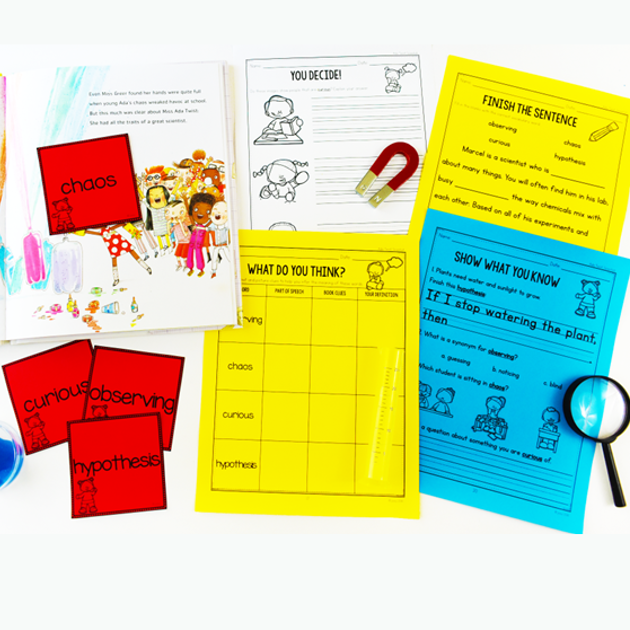
Contextual Vocabulary
The units designed for developed readers cover four tier-two and/or tier-three vocabulary words from the mentor text with activities for application and demonstration, as well as an assessment that requires true comprehension and application of the words.
EVERY ACTIVITY IS READY TO PRINT AND TEACH!
JOIN THE MEMBERSHIP NOW FOR FULL ACCESS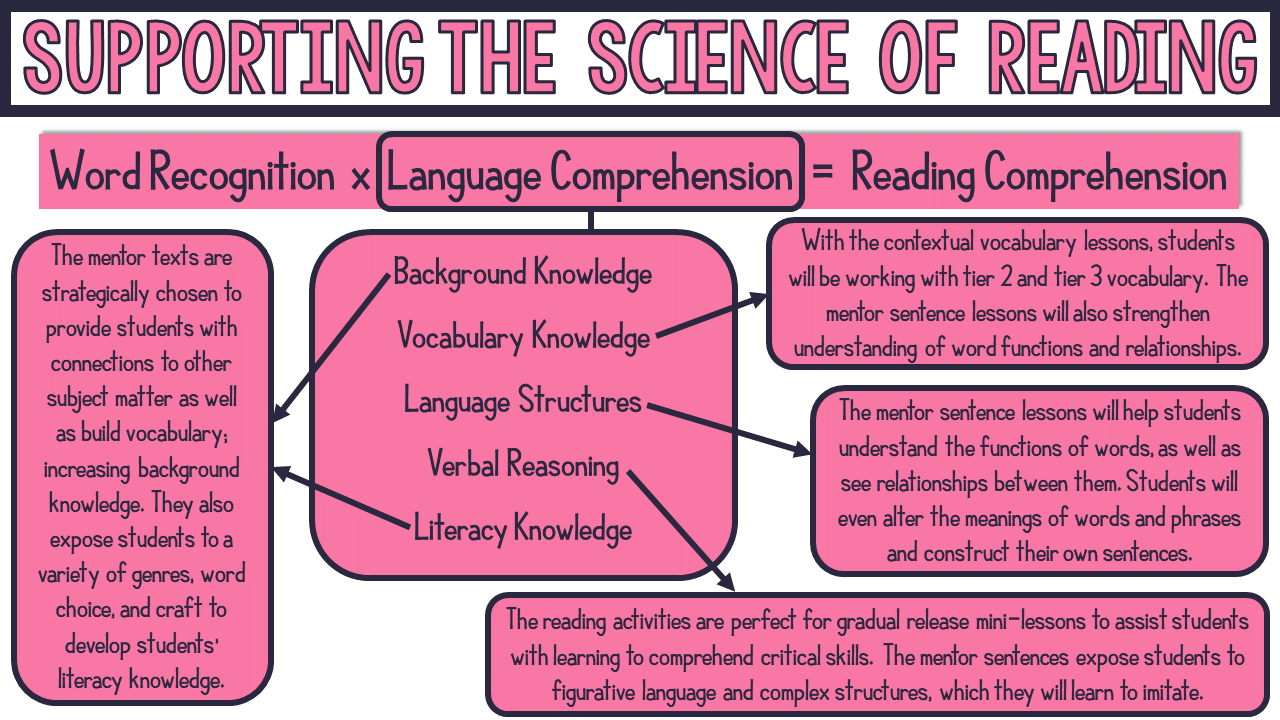
WHY SHOULD YOU USE MENTOR TEXTS?
A mentor text is not simply a read-aloud. It serves as a model to inspire students to practice a skill.
In reading, students will watch and listen to you model a comprehension skill in order to understand how to do it on their own.
In writing, students will be inspired to write similarly to the mentor text.
In grammar, students will notice all of the “good” in a sentence from the text (called a mentor sentence), and then learn how to incorporate it into their own writing.
There is a lot of imitation that occurs with a mentor text; students will impersonate techniques from the texts you present across the subjects.
But most importantly for you, using mentor texts is going to maximize your teaching time.
Using literature is an excellent way to introduce a lesson, but starting EVERY lesson with a new text makes it awfully difficult to keep those mini-lessons MINI! One of the best parts of using a mentor text is that it gives you more time to TEACH.
Mentor Sentences For Grammar
For 10-15 minutes each day at the start of writing time, look at a mentor sentence from the mentor text you are reading that week. The lessons for emergent readers will support students in noticing types of words and how they form sentences. They will also recreate the sentence with a cut/paste activity. Using the provided scaffolded imitation pages, they will create their own original version of the sentence which can be compiled into a class book at the end of the week. The lessons for more developed readers will help students notice how words function to create an awesome sentence, then work to revise and imitate the sentence over the course of the week.
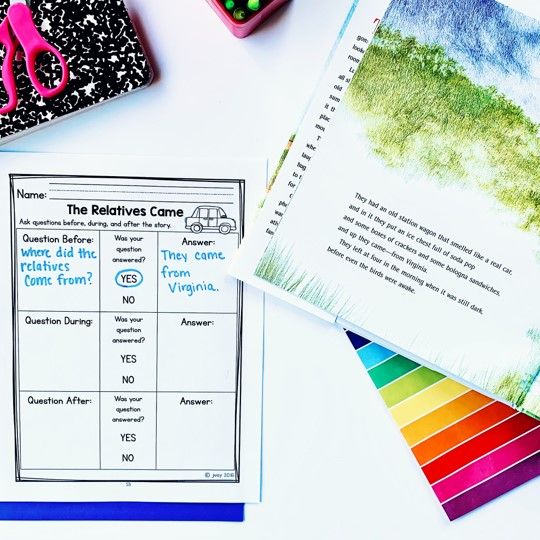
Gradual Release Reading Activities
In reading, one way to lead your lesson is to use a graphic organizer. It will help guide their thinking, and it allows for an “I Do, We Do, You Do” lesson- start the graphic organizer with them, then they can help suggest something to add to it, and finally they can finish it on their own.
Vocabulary in Context
Effective vocabulary instruction involves presenting the words in context (like through books), then allowing students to PRACTICE using the words in context, too. Give students the opportunities to make connections between the words and concepts with the activities, and provide repeated exposures to the words.
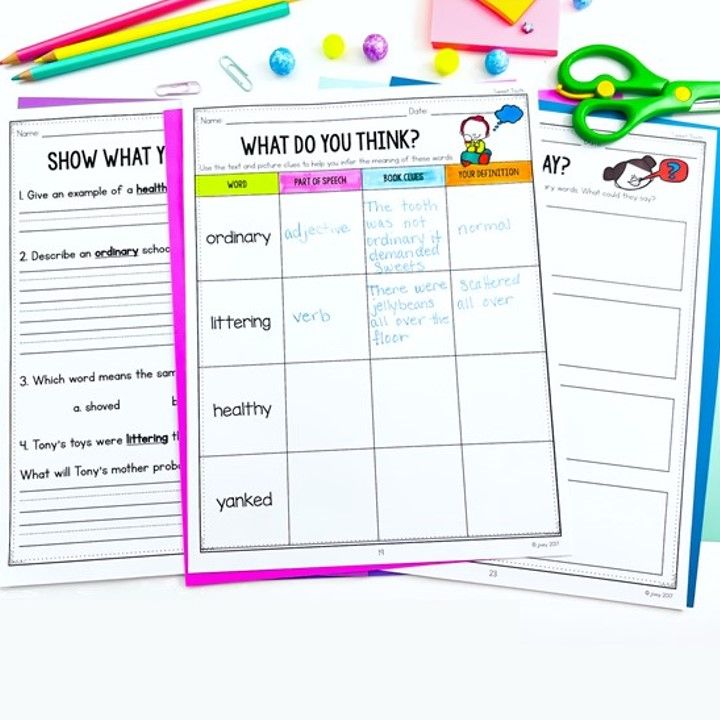
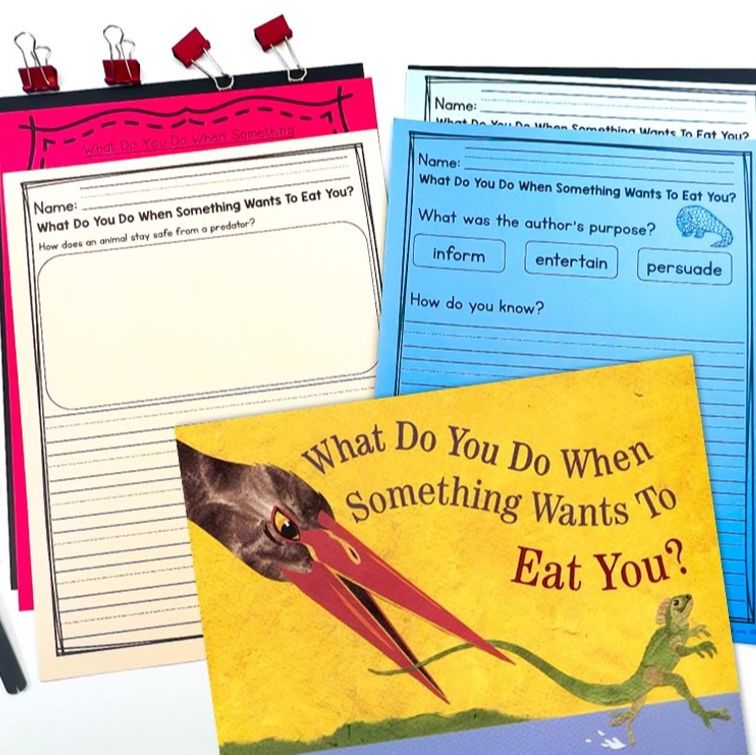
Writing Prompts
Quick writes are first drafts that help students develop writing confidence. They don't always go past "draft" stage. Give students the writing prompt that is aligned to the theme, problem, moral, or subject/idea of the mentor text so they can impersonate structure or craft while applying the skills learned over the week.
WHY JOIN?
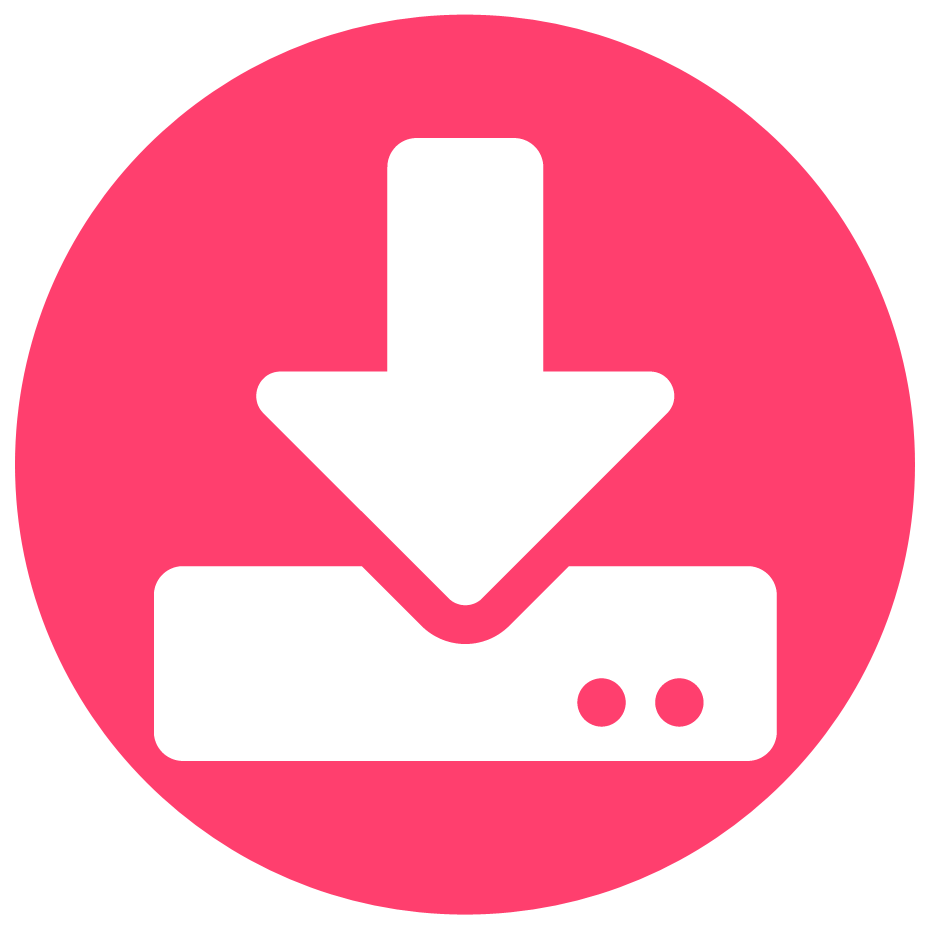
Immediate Access
Join this membership and have instant access to every grade 1 and 2 yearlong curriculum unit, plus bonuses.
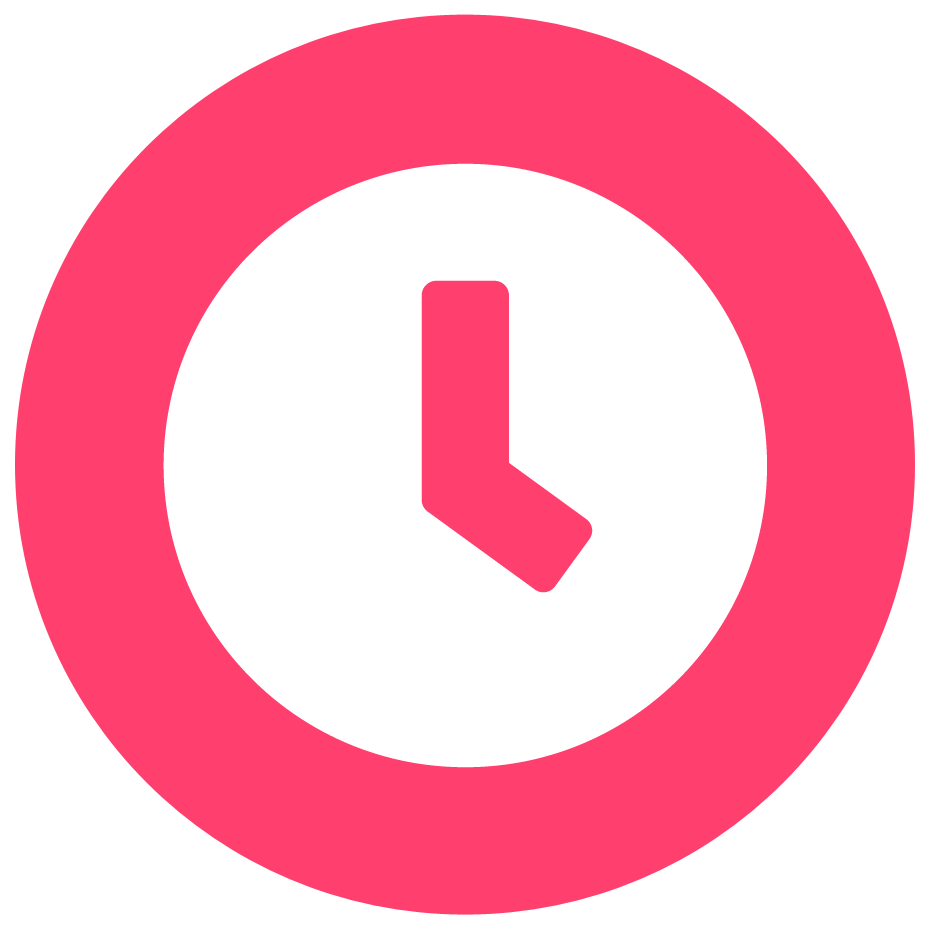
Save Precious Time
Stop wasting nights and weekends hunting for activities to use with all your favorite mentor texts.
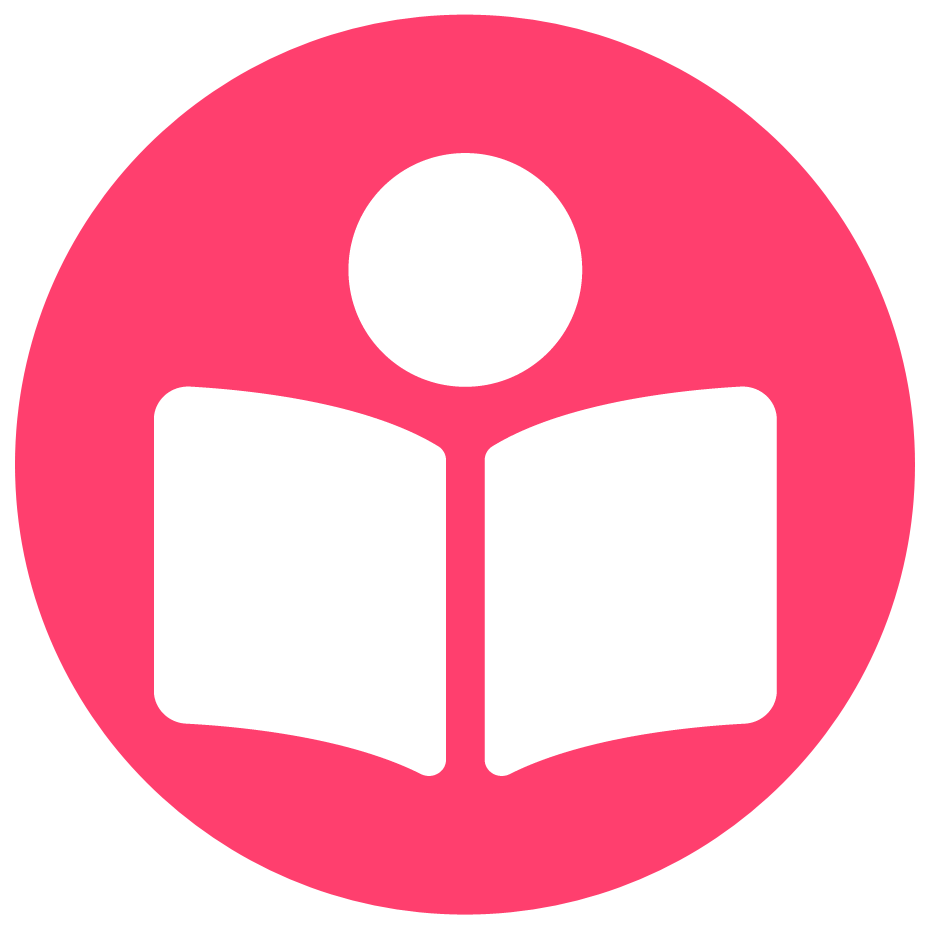
Trusted Materials
Jivey's materials have been teacher-tested by thousands and support researched best-practices!
WHAT BOOKS ARE USED IN THE UNITS?
You have access to every unit within the first and second grade curriculum that I've created! Check below to see the book lists.
**The books are not included! All of these books can likely be found in your library, or make wonderful additions to classroom book collections!
First Grade (Emergent) Mentor Texts
Second Grade (Developing) Mentor Texts
Nonfiction Unit Mentor Texts
Bonus Unit Mentor Texts
WHAT SKILLS ARE COVERED IN THE UNITS?
Every unit has multiple activities provided so that you can choose to teach what your students need.
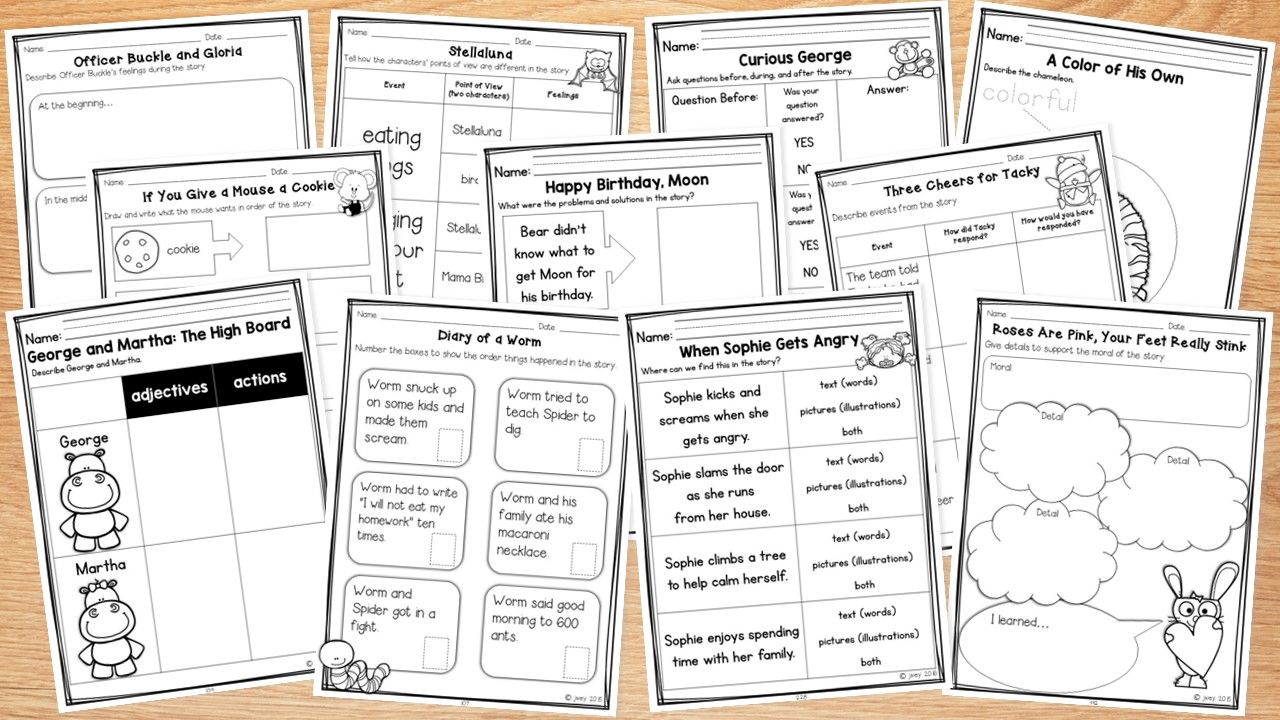
Reading activities cover skills such as:
- asking questions before, during, and after a story
- answering questions about a story
- summarizing a story
- retelling
- telling what happened next
- identifying central message or moral
- identifying main idea and details
- understanding beginning, middle, and end
- identifying problems and solutions
- describing characters
- describing setting
- identifying character feelings
- identifying sensory detail words
- describing differences between fiction and nonfiction
- identifying what speakers said in a story
- distinguishing between text evidence and picture clues
- relate through two points of view within a story
- use illustrations and text for evidence
- comparing stories
...and more!
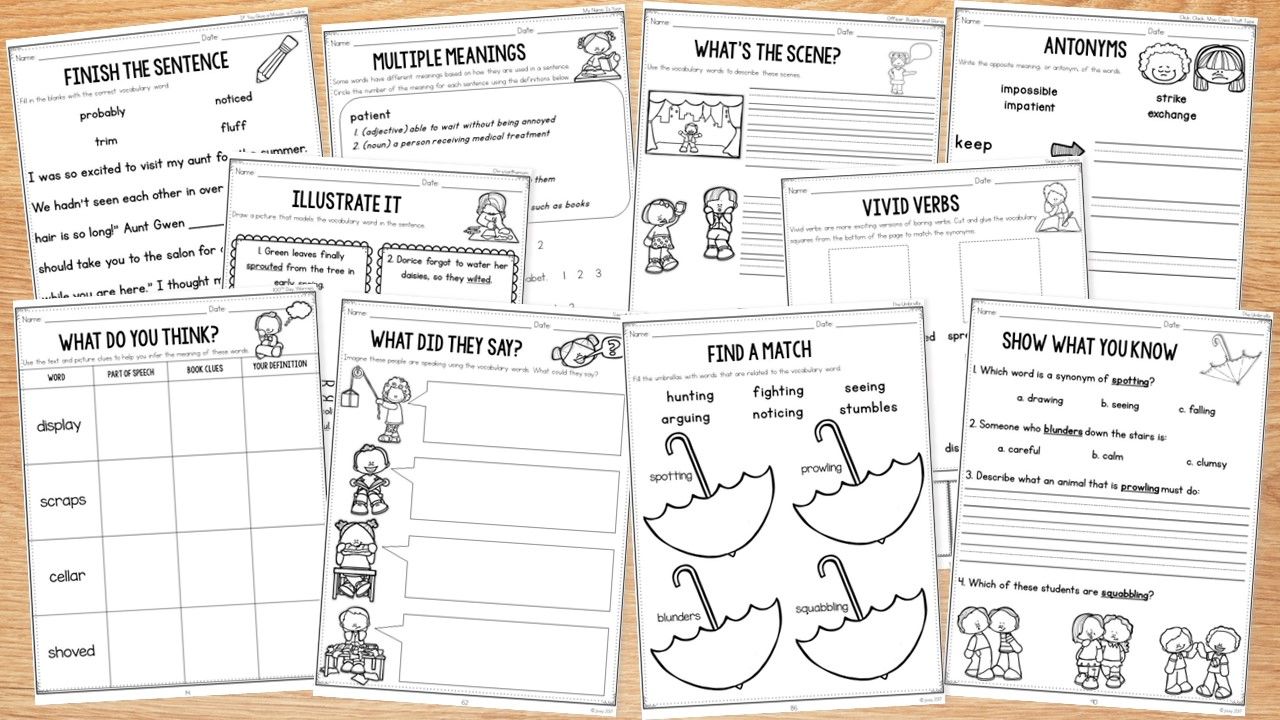
Vocabulary activities incorporate:
- identifying part of speech and defining the word using book clues
- illustrations
- describing a scene with vocabulary application
- determining correct usage
- synonyms/antonyms
- completing a sentence based on context
- word parts (roots, prefixes, suffixes)
- creating dialogue
- multiple meanings of words and understanding context for use
- demonstrating comprehension by providing personal examples
...and more!
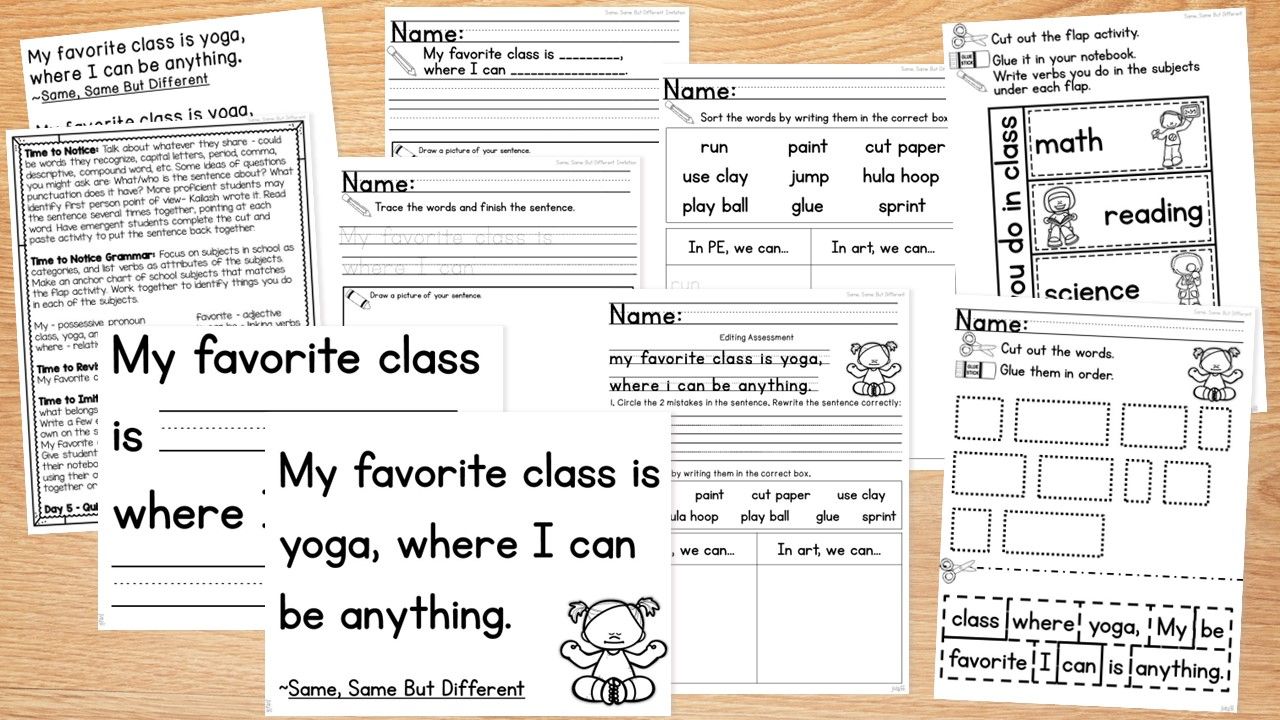
Mentor sentence lessons spiral many skills weekly, but focus on the following:
- nouns
- verbs and verb tenses
- plurals
- adjectives
- antonyms
- prepositions
- noun-verb agreement
- pronouns
- possessives
- ending punctuation
- proper nouns
- contractions
- compound words
- vivid verbs
- spelling rules
- collective nouns
- commas
- apostrophes
- onomatopoeia
- shades of meaning
...and more!
CHOOSE THE ONE THAT'S RIGHT FOR YOU!
WHAT YOU'RE GETTING:
Over $300 in materials!
WHAT TEACHERS LIKE YOU ARE SAYING:


Frequently Asked Questions
Which grade level is this membership best suited for?
How do I access the materials?
Are the books also included?
Will the materials cover my standards?
Are explicit lessons provided in the units?
What is the difference between the Monthly and Yearly Memberships?
Is there a limit on downloads?
If I own one bundle already, would it still make sense to join?
Why should I join the membership instead of just getting a bundle?
Can the membership or materials be shared with other teachers?
What is your refund policy?
Can I purchase any of these resources outside of the membership?
Can I see a sample to get an idea of what is included?
What if I change grade levels?
What if I decide I want to cancel?
Still have questions? CONTACT ME!
jivey@ideasbyjivey.com
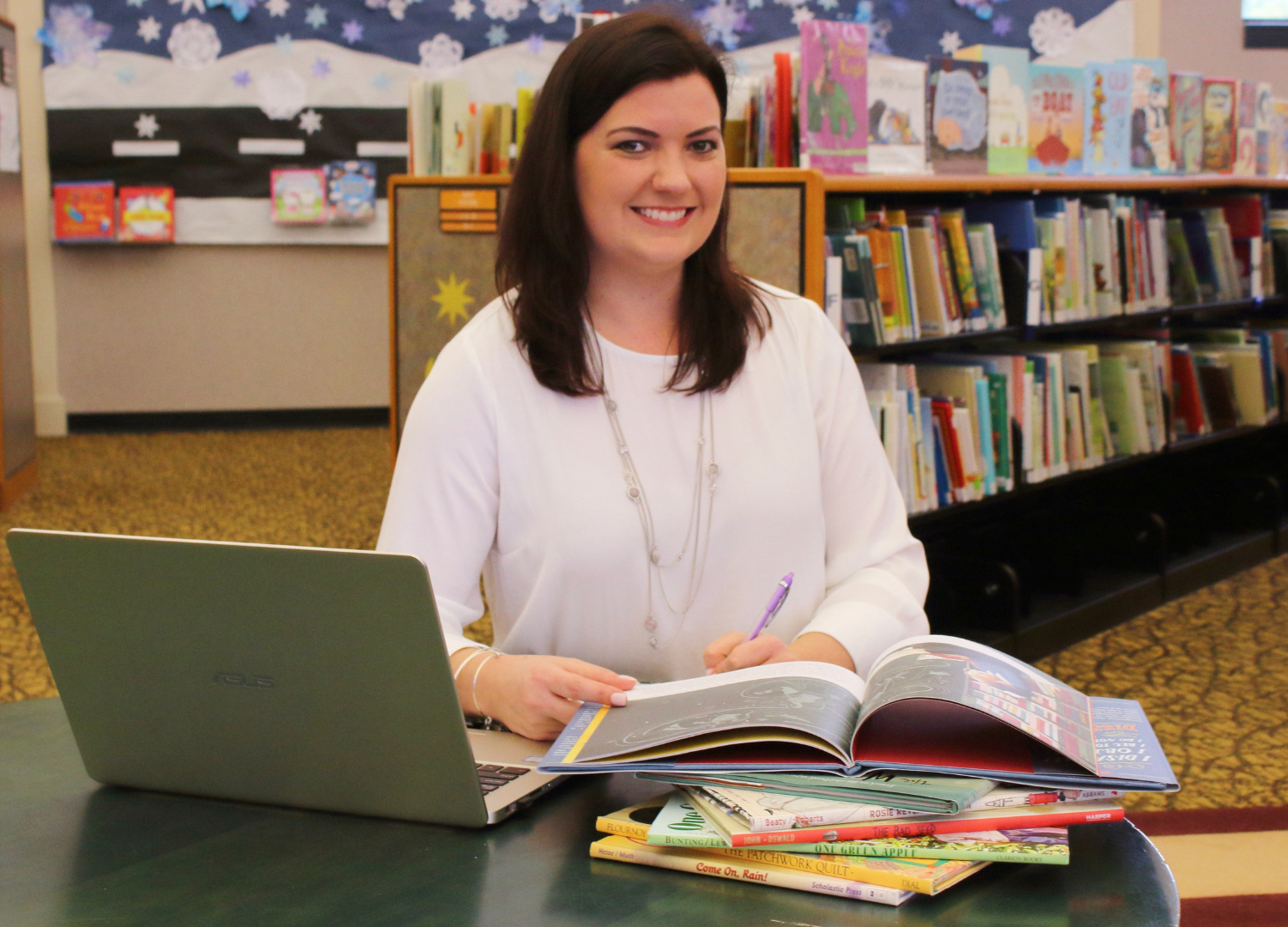
I am passionate about making literacy accessible for all students using research-based strategies. Students learn best through content integration and in-context skills, and my goal is to help you deliver your instruction with these best practices! I know teachers struggle day-to-day to get it all done. I'm here to help lighten your load with quality lessons and activities!
I have 10 years of classroom teaching experience in 1st, 2nd, 3rd, and 4th grades, and 10 years of professional development delivery experience in ELA and Social Studies. I am currently creating curricula, sharing ideas, and mentoring other teachers, as well as continuing to deliver professional development sessions on utilizing mentor texts and mentor sentences in the classroom.
I have my Bachelor of Science in Early Childhood Education, a Master of Education degree with a Reading Endorsement, and a Specialist degree in Teacher Leadership. I consider myself a lifelong learner, so it is important to me to continue my own professional development through educational texts, online courses, and professional articles.


